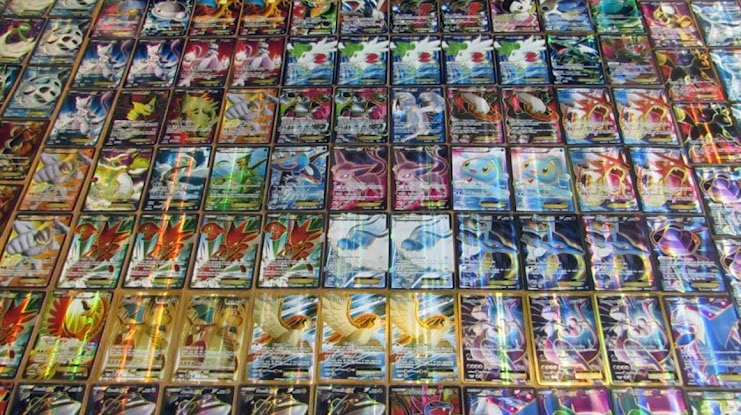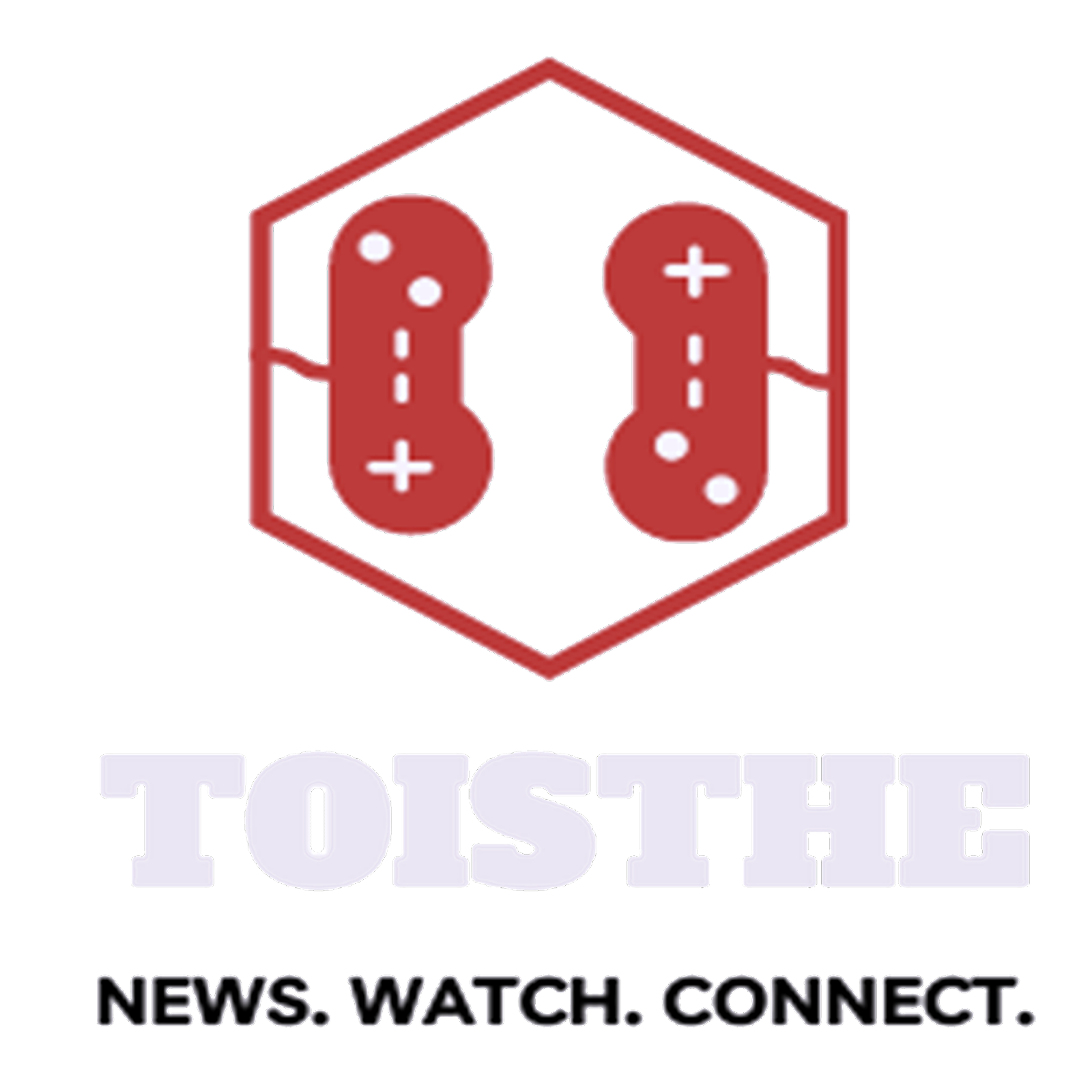 |
| Pokemon Card Collection Image Credit |
The original Pokemon cards were launched in 1996, and they are still quite popular today. While the competitive aspect of this card game is still popular, the collecting part has really taken off. The trading and swapping of Pokemon cards have never been more popular. Individually, the rarest of cards can now be sold for hundreds of thousands of dollars.
 |
| Some Seized Card - Image Source: CBC TV |
However, physical stores are difficult to regulate. Individual rarer cards may be sold in locations where booster packs for the game are sold. This is what happened recently in Japan's Mie prefecture, where a vintage game store owner was prosecuted for selling a 2,200 (about $20) Pokemon card in December 2021. He was also accused of selling a phony Mega Man game called Rockman in Japan.
Yukinori Harada, the card's 48-year-old owner, revealed to police after his arrest that he recognized the card was a fake when he sold it. 150 more collectible cards and video games that were suspected of being phony were also seized by police. Mr. Harada was charged with copyright infringement, although it's more likely that his arrest stemmed from the length of time he'd been accused of selling forgeries, rather than the sale of a single $20 card. In a message sent out apologizing for the "inconvenience," the store, Alive Yokkaichi Tokiwa, promised to continue open.
(お客様各位)いつも当店をご利用いただきありがとうございます。一連の報道に関してご迷惑をおかけいたしました事深くお詫び申し上げます。現時点では、捜査中ですので コメントなどは差し控えさせていただきます。店舗は通常通り営業いたします。— アライブ四日市ときわ (@alivetokiwa1) February 23, 2022
This is just the latest example of a recent trend of fake Pokemon cards catching people off guard. Fortunately for both the consumer and the forger, in this case, the sale was significantly less expensive than previous recent con jobs. Logan Paul, a YouTuber, recently spent $3.5 million on a box of first-edition Pokemon cards, which turned out to be GI Joe cards.
Today, running a physical game store, especially one that solely sells old games, is extremely challenging. Even if the police were not involved, selling forgeries would be detrimental to a store in the long run. Not only would it lose the business of anyone who bought the fake there, but the store's reputation would be permanently tarnished.









0 Comments
please do not enter any spam link in the comment box